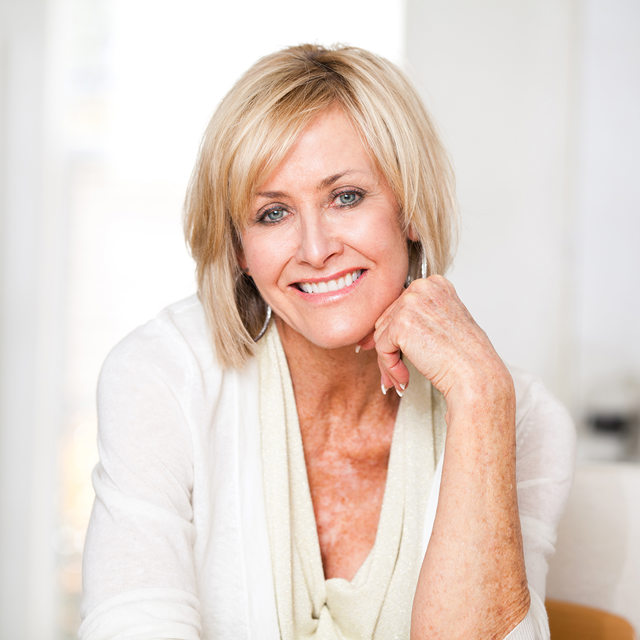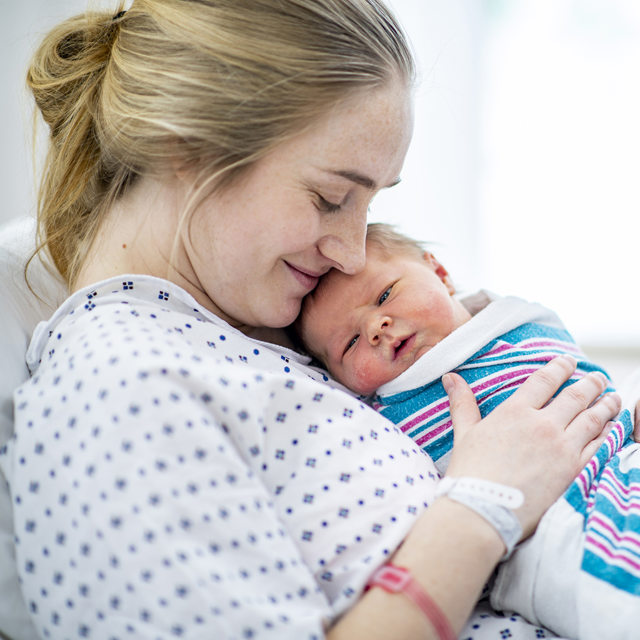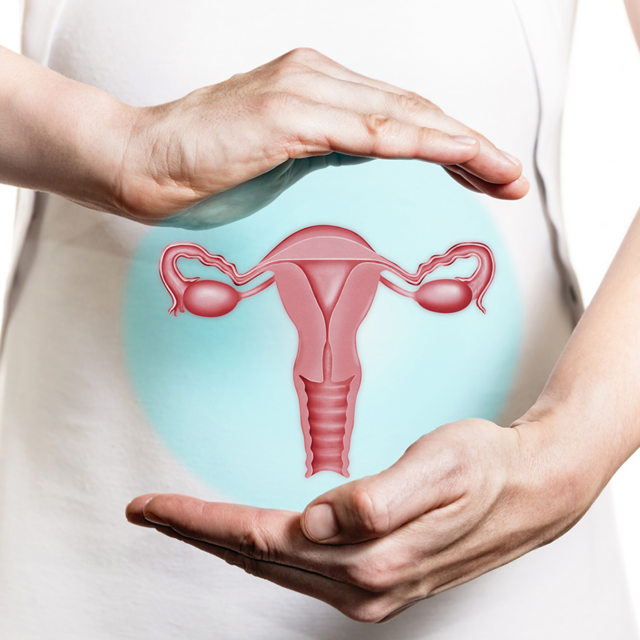
Care for You at Every Age.
Penn Highlands Women’s Health Services
From preventive screenings to maternity care to the special needs of women after menopause, Penn Highlands women’s health services provides comprehensive women’s health services throughout central Pennsylvania for women of all ages and all stages.
Physicians for Women and Other Health Care Providers
At Penn Highlands women’s health center, you can rest easy knowing that your care is in the qualified hands of specialized physicians for women. We have a team of women’s health care providers including:
- Gynecologists: Most women begin seeing a gynecologist, a physician who specializes in women’s health, around the time of their first period or when they first become sexually active. Through annual well-woman visits, you can establish a relationship with your doctor so you feel comfortable talking about gynecologic issues like abnormal uterine bleeding, urinary incontinence, concerns about painful intercourse, or symptoms of menopause.
- Obstetricians (OB/GYNs): Many gynecologists are also obstetricians, commonly referred to as OB/GYNs. Obstetricians focus on prenatal and maternity care for women before, during, and after pregnancy including contraceptive counseling and infertility treatments. When it's time to give birth, our board-certified obstetricians and OB teams in the maternity units at Penn Highlands Dubois and Penn Highlands Elk will be by your side to ensure a safe labor and delivery.
- Nurse practitioners and physician assistants: Our women’s health care team includes nurse practitioners (NP) and physician assistants (PA) who specialize in OB/GYN. These health care professionals are a great option for routine checkups as they’re able to spend more time answering your questions and discussing your concerns.
- Midwives: Penn Highlands women’s health center has certified nurse midwives who assist with prenatal care, labor, and delivery.
- Breast care team: An important part of comprehensive women’s health care is your breast health. We offer expert breast health care with the region’s only specially trained breast radiologists and breast surgeons, as well as an oncology program to care for women diagnosed with breast cancer.
- Primary care providers: Women face unique health challenges such as endometriosis, pregnancy, and symptoms of menopause. Their levels of estrogen and other hormones also affect their risk for diseases like heart disease and osteoporosis differently than men. Our primary care providers care for the whole person and work in tandem with our OB/GYN physicians to help you stay as healthy as possible.
- Specialized physicians: If you were to become diagnosed with a chronic health condition like diabetes, heart disease, or cancer, you will be referred to a Penn Highlands specialist such as a cardiologist, endocrinologist, gastroenterologist, or oncologist, so you don’t have to travel far from home for expert care.
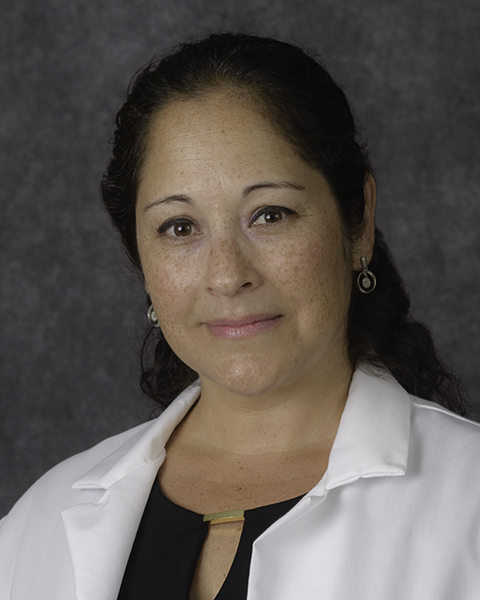
Gynecology
Penn Highlands Gynecology - Greensburg
Penn Highlands Gynecology - Connellsville
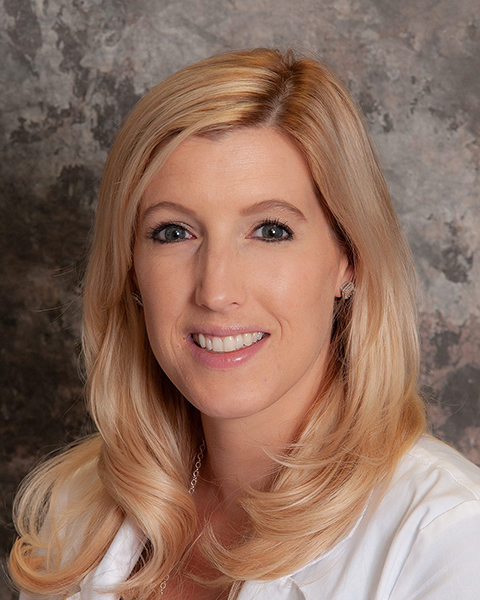
Obstetrics and Gynecology
Penn Highlands Life's Journey OB/GYN - DuBois
A Service of Penn Highlands DuBois
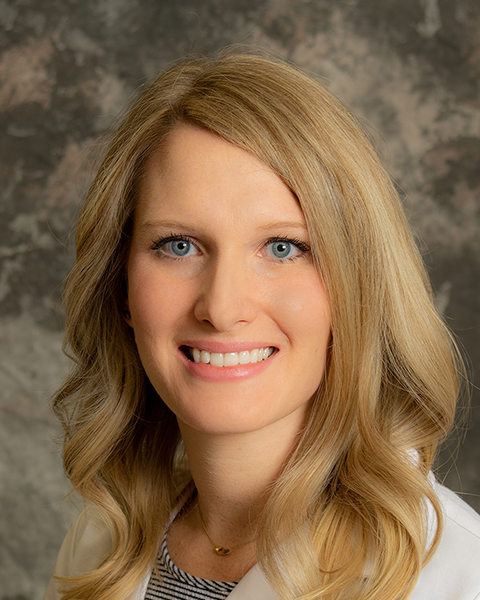
Obstetrics and Gynecology
Penn Highlands Women's Care
Penn Highlands Life's Journey OB/GYN - DuBois
A Service of Penn Highlands DuBois
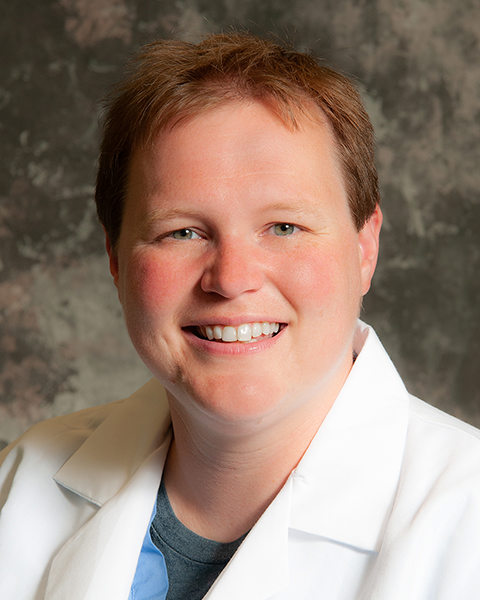
Obstetrics and Gynecology
Penn Highlands Life's Journey OB/GYN - DuBois
A Service of Penn Highlands DuBois
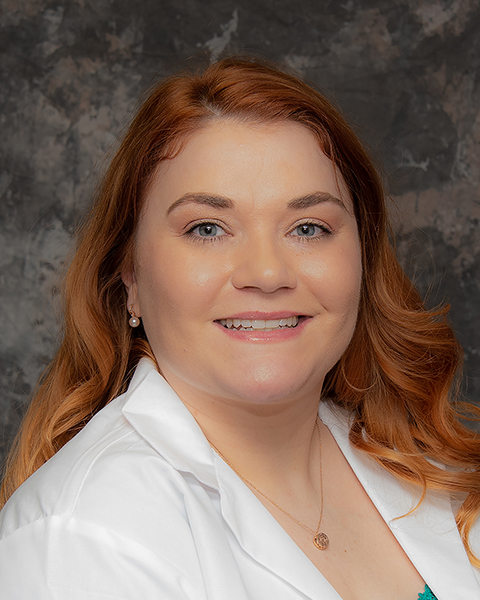
Midwifery
Penn Highlands Women's Care
Penn Highlands Life's Journey OB/GYN - DuBois
A Service of Penn Highlands DuBois


Obstetrics and Gynecology
Penn Highlands Life's Journey OB/GYN - Clearfield
Penn Highlands Life's Journey OB/GYN - Philipsburg
Penn Highlands Life's Journey OB/GYN - DuBois
A Service of Penn Highlands DuBois
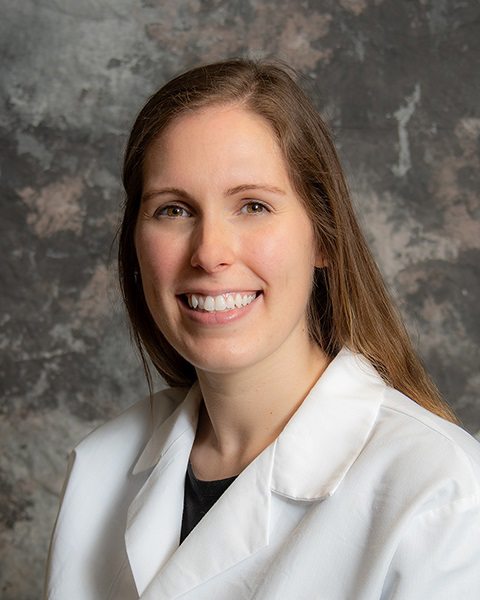
Obstetrics and Gynecology
Penn Highlands Life's Journey OB/GYN - DuBois
A Service of Penn Highlands DuBois
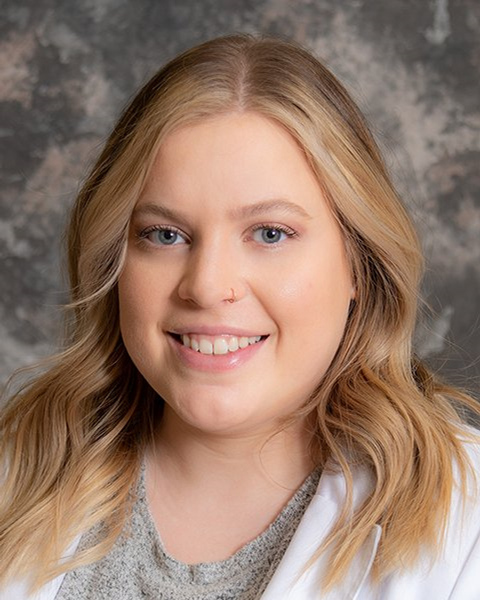
Midwifery
Penn Highlands Women's Care
Penn Highlands Life's Journey OB/GYN - DuBois
A Service of Penn Highlands DuBois
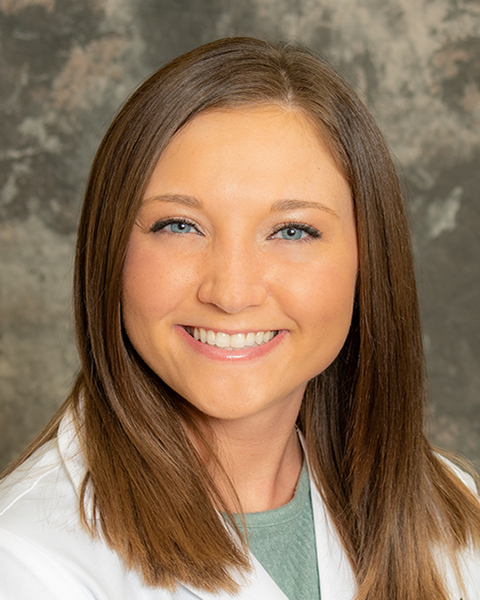
Family Medicine
Penn Highlands Family Medicine - Brookville
A Service of Penn Highlands Brookville
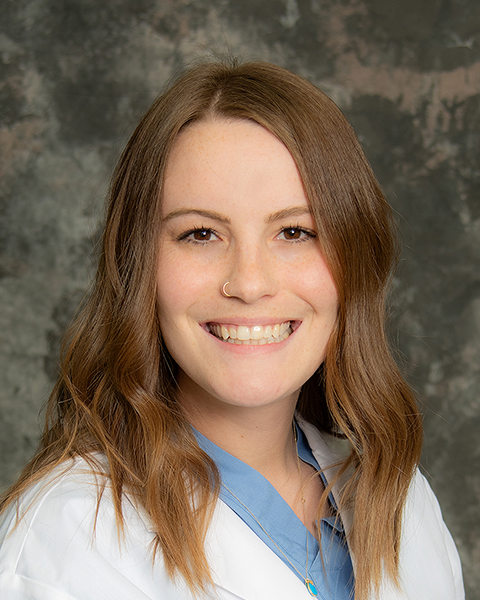
Obstetrics
Midwifery
Penn Highlands Women's Care
Penn Highlands Life's Journey OB/GYN - DuBois
A Service of Penn Highlands DuBois
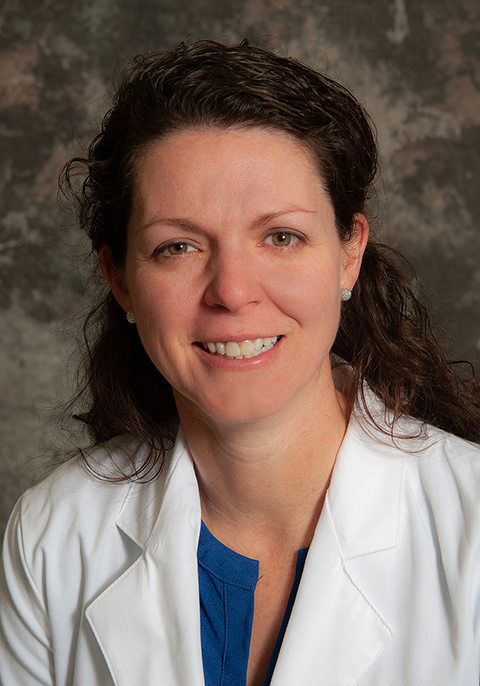
Obstetrics and Gynecology
Penn Highlands Women's Care
Penn Highlands Life's Journey OB/GYN - DuBois
A Service of Penn Highlands DuBois
Penn Highlands Life's Journey OB/GYN - Punxsutawney
A Service of Penn Highlands DuBois

Obstetrics and Gynecology
Penn Highlands Life's Journey OB/GYN - DuBois
A Service of Penn Highlands DuBois


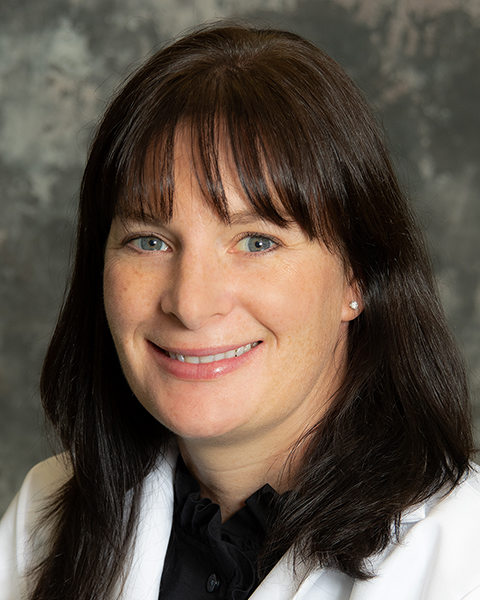
Obstetrics and Gynecology
Penn Highlands Life's Journey OB/GYN - Clarion
A Service of Penn Highlands DuBois
Penn Highlands Life's Journey OB/GYN - DuBois
A Service of Penn Highlands DuBois
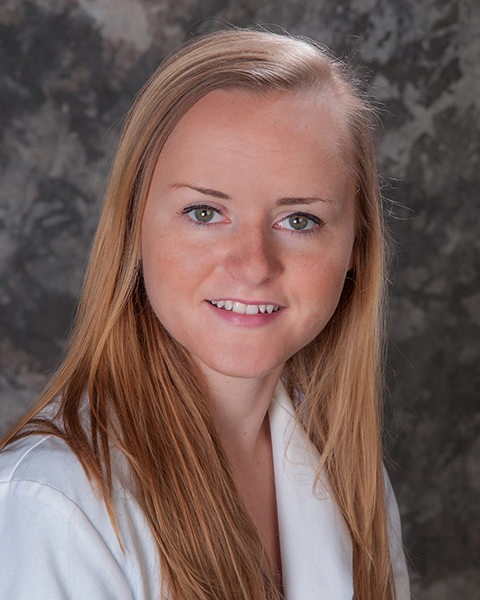
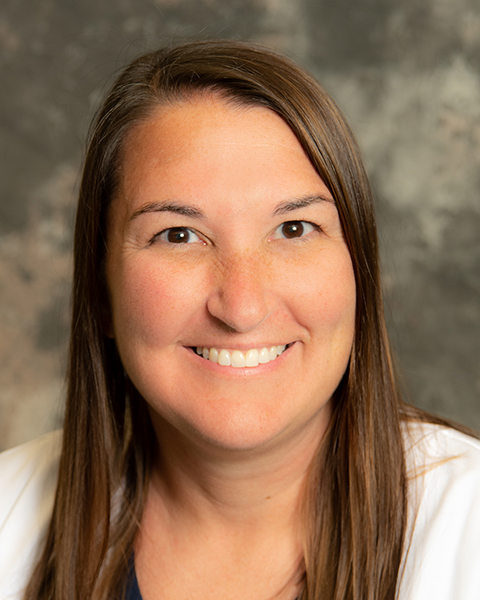
Midwifery
Penn Highlands Women's Care
Penn Highlands Life's Journey OB/GYN - DuBois
A Service of Penn Highlands DuBois
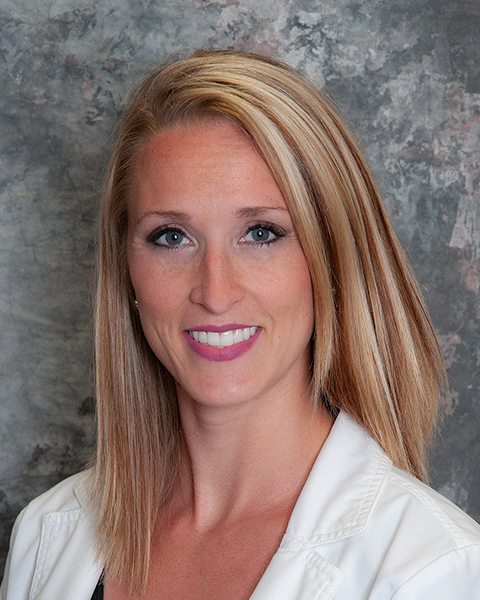
Obstetrics and Gynecology
Penn Highlands Life's Journey OB/GYN - Punxsutawney
A Service of Penn Highlands DuBois
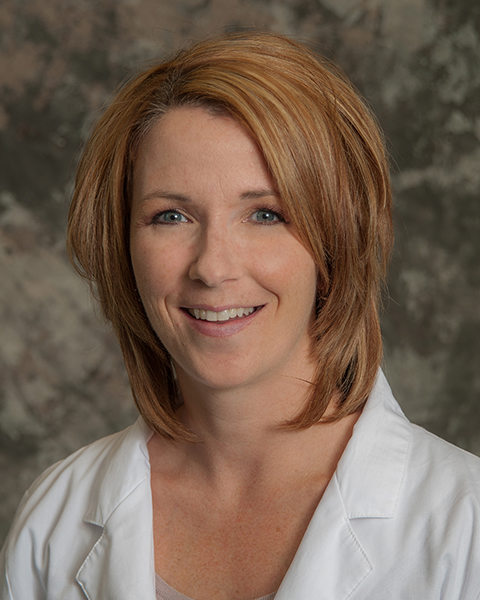
Obstetrics and Gynecology
Penn Highlands Life's Journey OB/GYN - DuBois
A Service of Penn Highlands DuBois
The Maternal and Child Center at Penn Highlands DuBois provides expectant mothers a Maternity Unit, the Neonatal Intensive Care Unit, Penn Highlands Perinatal Consultants for high-risk pregnancies and obstetricians and gynecological services.
Services for Every Stage of a Woman’s Life
Women are primary caregivers in most families. But often they get so busy that they don’t make their own health a priority. Preventive care from Penn Highlands physicians for women can help ensure that they receive the screenings they need to stay healthy and that their concerns and conditions are taken seriously. We also provide specialized care for women who want to become pregnant as well as senior-focused care for women during menopause and beyond. Here are the common women’s health concerns and recommended screenings women need at every stage of life.
Services For Women Ages 20-39
Ages 20–39: For many women entering their 20s and 30s, pregnancy or contraception are top of mind along with coping with common gynecological concerns.
Common concerns:
- Endometriosis
- Fibroids
- Abnormal bleeding
- Fertility issues
- Contraceptive counseling
- Pregnancy
- Cancer prevention
Services:
- Gynecological care: As women enter their 20s, it is important to see a primary care physician or gynecologist for an annual check-up. By keeping an eye on your overall health, you and your doctor will be attuned to any changes that might need attention. Women this age often experience issues with fibroids and endometriosis, which can be treated by a gynecologist.
- Obstetrics care: This is the most common age group of women to consider starting a family. An OB/GYN or certified nurse midwife can work with you on family planning, including contraception and fertility issues. If you do become pregnant, you’ll see your physician or midwife for regular prenatal visits and prenatal testing throughout your pregnancy to ensure you and your unborn baby are as healthy as possible. Penn Highlands DuBois offers many prenatal educational programs to help you and your family prepare for the arrival of your little one.
- Maternity care: Penn Highlands DuBois offers a maternity unit that provides state-of-the-art care in a comfortable homelike setting. Moms-to-be have multiple labor and delivery options—even for those whose pregnancies are considered high-risk.
Recommended screenings:
It’s a good idea to get into the good habit of regular preventive screenings. Here’s what you need to know about recommended screenings for this age group:
- Cervical cancer: Starting at age 21 or when you become sexually active, experts recommend routine Pap testing to detect cervical cancer at an early stage. Women in their 20s should have a Pap test every three years. If your results are normal, you can switch to testing every five years from age 30 to 39. At age 30, you also should be tested for the human papillomavirus (HPV), a common sexually transmitted virus that increases the risk of cervical cancer.
- Breast health: In addition to self-exams, an annual clinical breast exam by your physician or health care provider can help detect tumors or other changes that could be signs of breast cancer. Schedule your screening mammogram online today!
- Overall health: An annual checkup with your gynecologist or primary care physician should help keep tabs on changes to your weight, blood pressure, cholesterol, blood sugar, and overall physical and mental health.
Services For Women Ages 40-59
Ages 40-59: Once women enter their 40s and 50s, their primary women’s health concerns turn from fertility and maternity care to common concerns of perimenopause caused by steadily dropping estrogen levels.
Common concerns:
- Hot flashes and night sweats
- Incontinence and/or urinary frequency
- Irregular periods/bleeding
- Vaginal dryness
- Mood fluctuation
- Weight gain
- Cancer prevention
- Heart disease prevention
Services:
Menopause management: Women in this age group often experience symptoms of perimenopause (the years before menopause is official) and menopause itself. Our physicians for women can help with treatments and coping mechanisms to make this change in life more comfortable.
Recommended screenings: Women should continue annual well-woman visits and clinical breast exams. Here are other preventive screening recommendations for women in this age group.
- Cervical cancer: Women 40–59 should have a Pap smear every five years—more frequently if their results are abnormal.
- Breast cancer: The American Cancer Society (ACS) recommends an annual mammogram for women ages 45 to 54 to screen for breast cancer. At age 55, women can have a mammogram every other year—or continue with annual mammograms for peace of mind. Schedule your screening mammogram online today!
- Colon cancer: For women at average risk for colon cancer, ACS recently updated its recommendations to start regular screenings at age 45. Depending on the results, you’ll usually need a follow-up colonoscopy every five to 10 years. Ask your physician if another type of colon cancer screening, such as a FIT (fecal immunochemical test) or FOBT (fecal occult blood test) or a stool DNA test (Cologuard) is right for you.
- Lung cancer: If you are (or were) a pack-a-day smoker for 30 years and currently smoke or have quit within the past 15 years, you should get a low-dose CT lung scan.
- Blood pressure and cholesterol: Your blood pressure should be checked annually once you hit 40. Annual cholesterol screenings are recommended every five years from age 40 to 55, then testing every one to two years based on your results.
- Blood glucose: Your risk for type 2 diabetes, which results in high blood sugar, rises starting at age 45. Have a baseline blood glucose test at age 45, and every three years if results are normal. For women whose blood sugar is high or borderline high, more frequent testing may be required.
- Hearing: Have your hearing tested every three years starting at age 50.
Services For Women Ages 60+
Ages 60+: Once you’re in your senior years, keeping up with preventive care is the key to staying healthy and active.
Common concerns:
- Maintaining bone density
- Fall prevention
- Cancer prevention
- Heart disease prevention
- Medication management
- Mental health
Services:
Medication management: The average American over age 60 is taking four to five daily prescriptions—often combined with over-the-counters medications like pain relievers and antacids, as well as vitamins and supplements. That can create confusion and combinations that can result in dangerous interactions. Your doctor and pharmacist should be able to offer advice for keeping track of what medication to take when. Every time you see them, be sure you discuss all the medications and supplements you’re taking—especially when you add a new one—so they can ensure there are no causes for concern about interactions.
Fall prevention: Being over age 60 significantly increases your risk for debilitating falls, which are the leading cause of fatal and non-fatal injuries for older Americans. Problems with vision, balance, dizziness caused by medications, and home hazards all contribute to your likelihood of falling. Your physician can help reduce your risk with assessments, exercises to improve strength and balance, and tips on fall-proofing your home.
Recommended screenings: For women in this age group, some health risks go up and others go down, which means their screening needs change. Talk with your doctor about the screening schedule best for you based on your health history. Most women ages 60-79 need the following screenings:
- Osteoporosis: Osteoporosis risk goes up as you age, so women should have a baseline bone density (DEXA) scan at age 65 to measure bone density. Women who are postmenopausal and have risk factors for osteoporosis (such as being small framed) should talk with their doctor about earlier screenings
- Breast cancer: Women should continue having a mammogram every other year as long as they are in good health and are expected to live at least another 10 years. Schedule your screening mammogram online today!
- Colon cancer: Women should continue on their recommended colonoscopy schedule until age 75. After that, you should discuss the risks vs. benefits with your physician.
- Cervical cancer: Most women can stop regular cervical cancer screenings at age 65, but be sure to talk with your primary care provider about stopping.
- Blood pressure and cholesterol: After menopause, estrogen’s protective effects decrease, dramatically increasing your risk for heart disease. If you have high blood pressure or cholesterol, your physician may recommend frequent screenings and medication as well as lifestyle changes.
- Hearing: About one-third of people ages 65 to 74 have some form of hearing loss, so you should talk with your physician about more frequent testing if you notice a change in the quality of your hearing.
- Vision: Annual vision testing is recommended after age 60 to check for changes in your prescription as well as testing for cataracts, glaucoma, and age-related macular degeneration.
- Vaccinations: As you age, your immune system weakens . Talk with your physician about vaccinations for the flu, pneumonia, and shingles as well as any recommended COVID vaccines.
Learn more about the unique healthcare needs of senior women.




